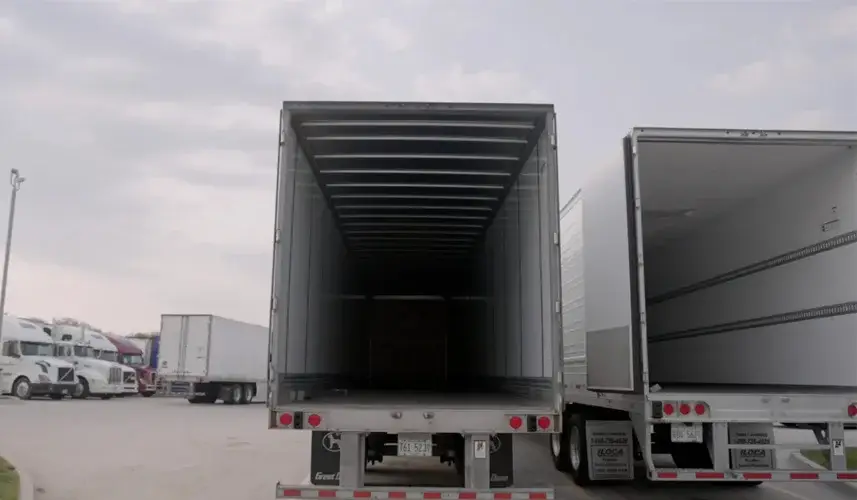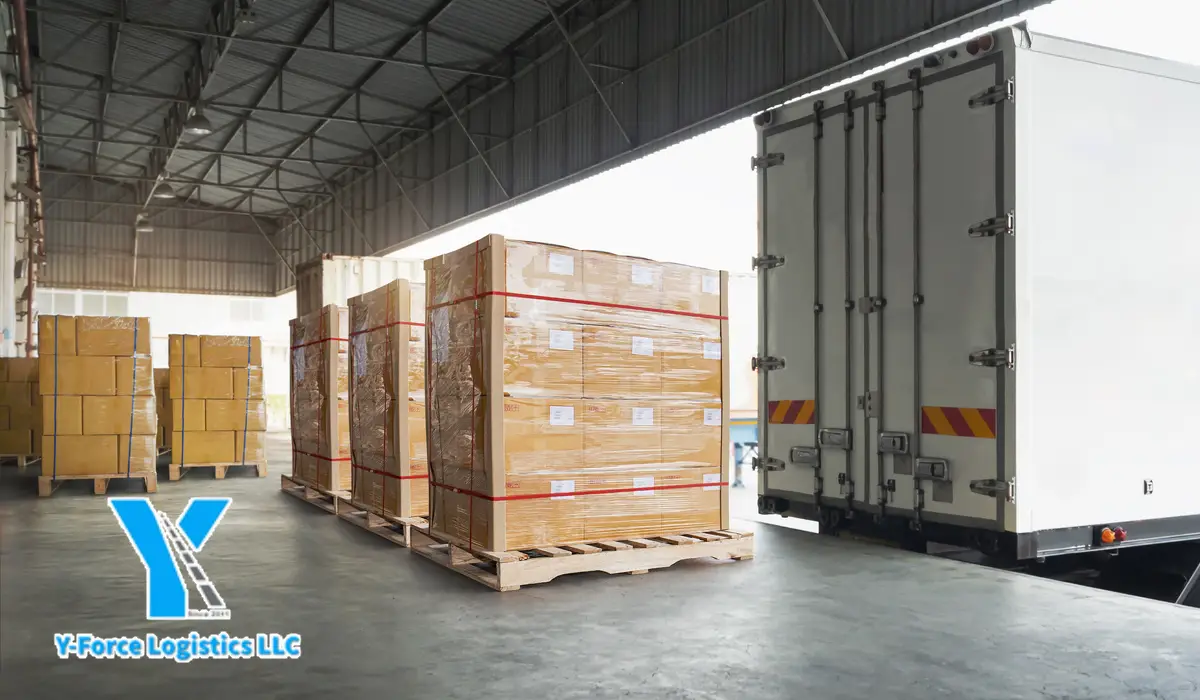
Strategies For Managing Small Load Shipping Needs
Effective Strategies For Managing Small Load Shipping
Companies that want to optimize their logistics and cut costs must master the art of managing shipping needs for small loads, no matter how challenging it may be. Discovering the correct tactics can make a world of difference whether you ship small quantities on a regular basis or occasionally. Get all of your shipping needs met with the help of Y-Force Logistics, LLC for more information. See our “get a freight quote” page for a fast estimate. Please don’t hesitate to call us at (800) 707-6575 if you require any further assistance.
Understanding Small Load Shipping
Small load shipping, often referred to as Less Than Truckload (LTL) shipping, involves transporting smaller quantities of goods that do not require a full truckload. This method is cost-effective and efficient for businesses that need to ship small amounts frequently.
Detailed Insights Into LTL Shipping:
1. Consolidation of Shipments:
LTL shipping allows multiple shipments from different customers to be combined into one truck. This process is known as consolidation. By sharing the space in a single truck, each customer pays for the portion of the truck space their shipment occupies, which optimizes space usage and reduces costs.
2. Freight Classification:
In LTL shipping, freight is classified based on the National Motor Freight Classification (NMFC) system. This system categorizes freight into classes from 50 to 500 based on four main factors: density, stowability, handling, and liability. The freight class affects the shipping rate, with lower classes being cheaper to ship than higher classes.
3. Handling and Routing:
LTL shipments typically go through a network of terminals and distribution centers before reaching their final destination. This involves multiple handling stages, including loading, unloading, and sorting at various points. Advanced logistics software and tracking systems are used to manage and monitor the movement of these shipments throughout the network.
4. Cost Efficiency:
Since LTL shipping involves combining shipments from multiple customers, the cost is divided among them, making it more economical than FTL shipping for small loads. Customers benefit from paying only for the space their shipment occupies, rather than the cost of an entire truck.
5. Delivery Times:
LTL shipping can have longer transit times compared to FTL shipping due to the multiple stops and handling involved. However, it provides flexibility in delivery schedules and is ideal for shipments that do not require expedited transport.
6. Accessorial Services:
LTL carriers offer various accessorial services that cater to specific shipping needs, such as liftgate service, residential delivery, inside pickup or delivery, and more. These additional services can be requested based on the requirements of the shipment, although they may incur extra charges.
7. Technology Integration:
Modern LTL shipping relies heavily on technology for efficiency and transparency. Shipping management software, GPS tracking, and automated documentation systems are integral to managing LTL shipments. These technologies provide real-time updates, improve route planning, and enhance overall supply chain visibility.
8. Environmental Impact:
By maximizing the use of truck space and reducing the number of trucks on the road, LTL shipping can be more environmentally friendly compared to multiple smaller shipments using individual trucks. This optimization leads to lower fuel consumption and reduced carbon emissions.
By understanding these technical aspects of LTL shipping, businesses can make more informed decisions when choosing shipping methods for their small loads. LTL shipping offers a cost-effective, efficient, and flexible solution for managing small load shipping needs.

Choosing The Right Shipping Company
Selecting the right shipping company is critical to managing small load shipping needs effectively. Look for companies that specialize in LTL shipping and have a good track record. The best shipping companies for small loads offer reliable services, competitive rates, and excellent customer support. Ensure the company has experience in handling small load shipments and can provide the necessary resources to meet your needs.
Strategies For Small Load Shipping
Consolidation Services: One of the best strategies for managing small load shipping is using consolidation services. These services combine multiple small loads into one shipment, optimizing space and reducing shipping costs.
Freight Brokers: Working with freight brokers can also be beneficial. They have extensive networks and can find the most cost-effective and efficient shipping solutions for your small loads. Freight brokers can negotiate better rates and provide access to a variety of shipping options.
Flexible Shipping Options: Utilizing various shipping methods based on the load size and destination can help manage small load shipping needs effectively. Consider options like air freight, ground shipping, and expedited services depending on the urgency and size of the shipment.
Benefits Of Using Local Freight Logistics Companies
Working with freight logistics companies near me offers several advantages. Local companies can provide better rates due to reduced transportation distances and can offer more personalized services. They are familiar with the local market and regulations, ensuring smoother and more efficient shipping processes.
Leveraging Technology For Efficient Shipping
Shipping Management Software: Using technology such as shipping management software can help track and manage small loads efficiently. These tools offer real-time tracking, automated documentation, and efficient route planning, making the shipping process smoother and more transparent.
Online Platforms: Online platforms can be valuable for comparing quotes and selecting the best shipping load company. These platforms allow you to input your shipping details and receive instant quotes from multiple carriers, making it easier to compare prices and services.
Finding The Best Freight Shipping Rates
To find the best freight shipping rates, consider the following tips:
- Compare Quotes: Always compare quotes from different freight logistics companies to find the best deal.
- Negotiate: Don’t hesitate to negotiate rates, especially if you have regular shipping needs.
- Use Technology: Leverage online tools and platforms to find competitive rates quickly.
Managing Small Load Shipping Needs With Y-Force!
Effectively managing small load shipping needs involves choosing the right strategies and working with reliable partners. By understanding small load shipping, selecting the right shipping companies, and leveraging technology, businesses can optimize their logistics and reduce costs. For efficient and cost-effective small load shipping, contact Y-Force Logistics LLC today and see how we can help streamline your shipping needs. Contact us at (800) 707-6575 or check our services for more information.

